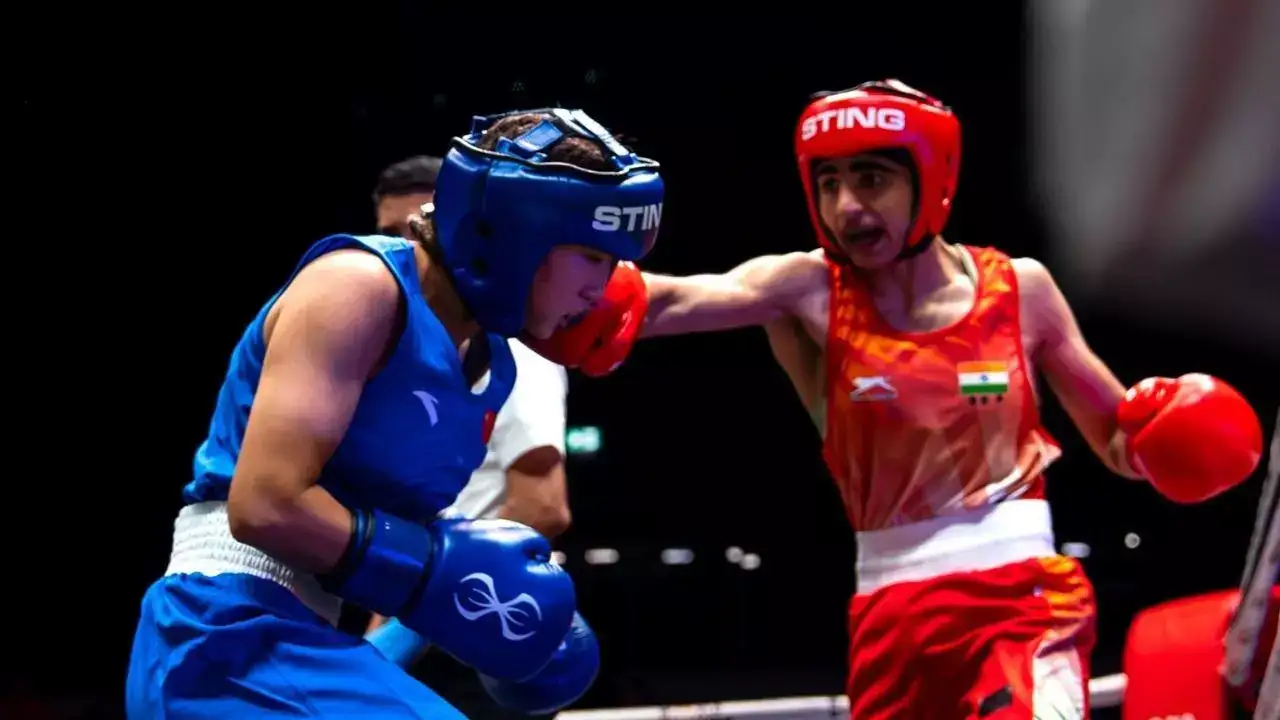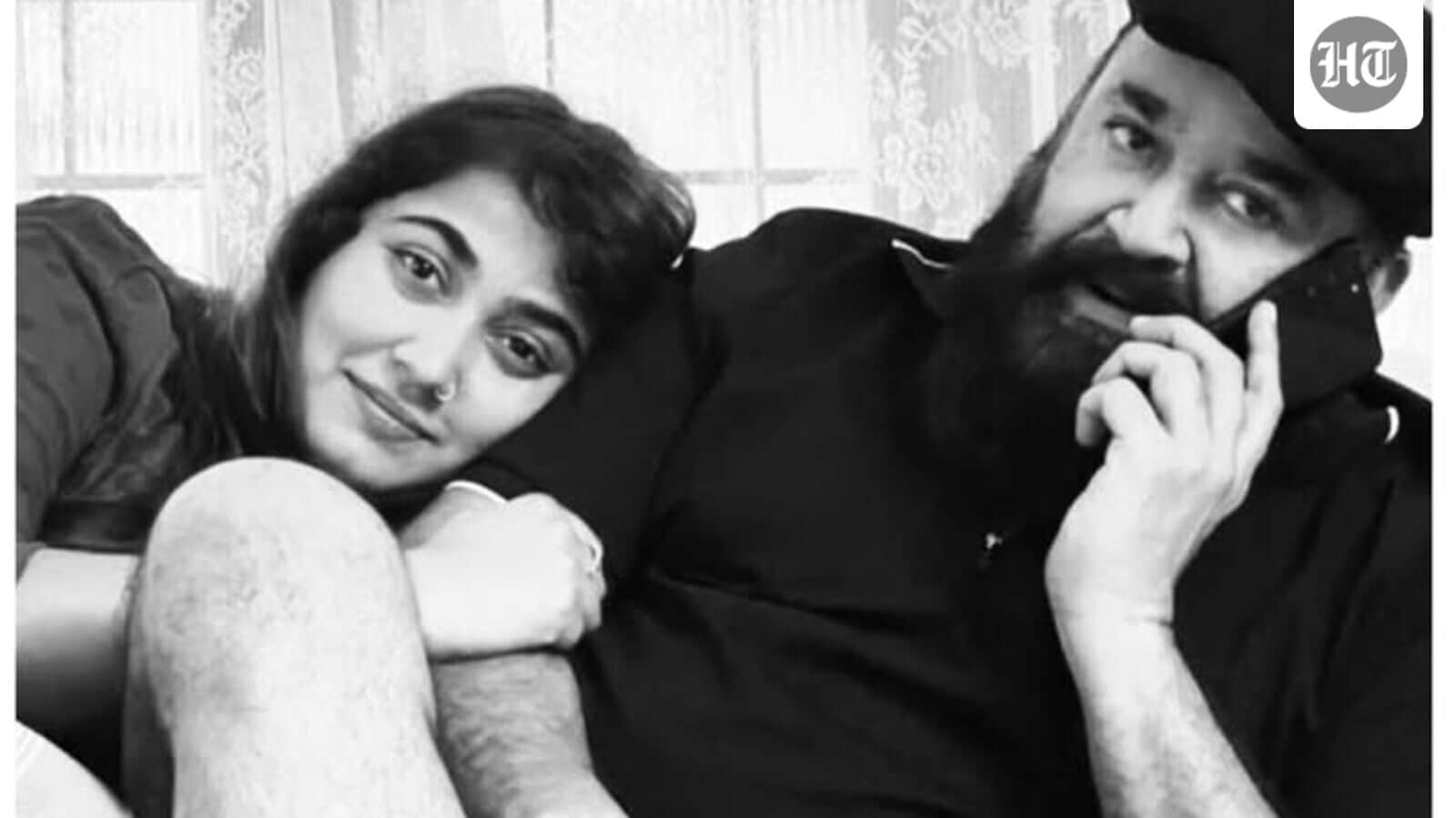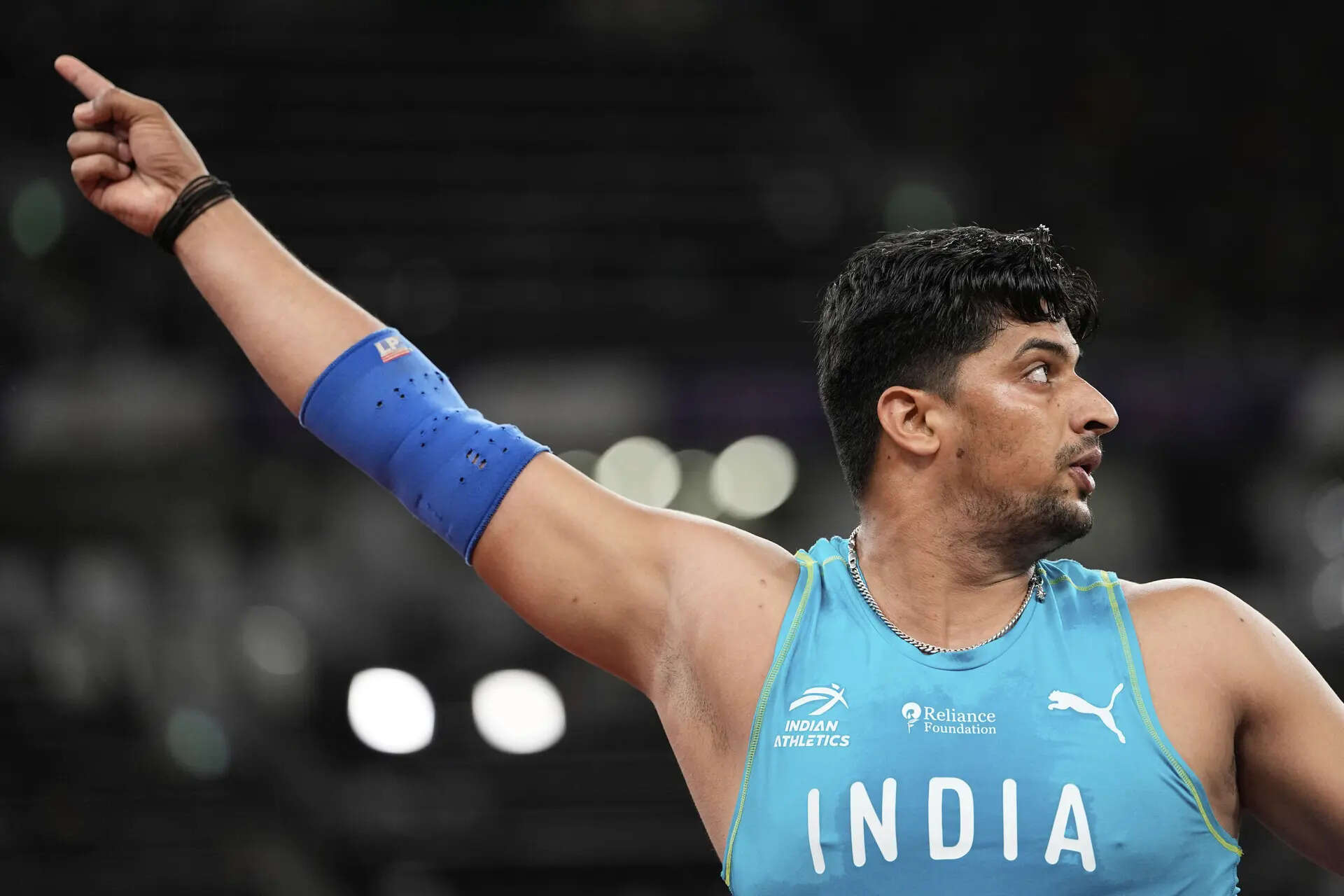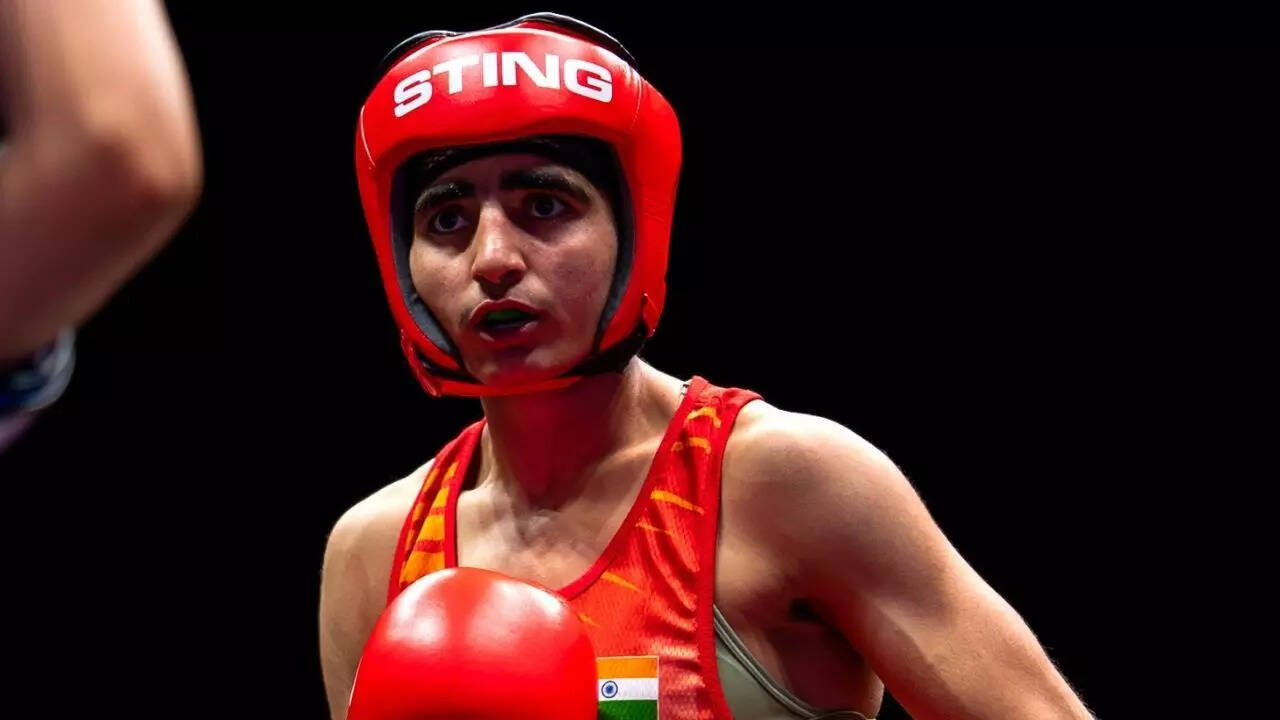NEW DELHI: “Ladkiyaan khel ke kya karengi? (What job does a girl have in sports?)” — these words act as blades for many, sharp enough to clip the wings of countless young girls, attempting to dream big.In Liverpool last week, those words dissolved into silence as 24-year-old Minakshi Hooda became the nation’s final hope ahead of her gold-medal bout in the 48kg category against Kazakhstan’s Olympic bronze medallist Nazym Kyzaibay on the final day of the 2025 World Boxing Championships. Go Beyond The Boundary with our YouTube channel. SUBSCRIBE NOW!“Pehle din Jaismine Lamboria jeet gayi thi gold, usse India fourth number par tha. Agar mera gold aata to India third pe ho jata. To sabko mujhse umeed thi. Maine unki umeed ko barkarar rakha (On the first day, Jaismine Lamboria won gold, and India was fourth. If I had won gold, India would have moved to third. Everyone had hopes for me. I’m glad I could keep their trust),” Minakshi told TimesofIndia.com, smiling wide and eyes flashing bright with relief and pride.Hailing from Rurki in Haryana’s Rohtak district, Minakshi came from a humble background. Her father, Srikrishan, ran a rented auto to provide for the family with four children – Minakshi being the youngest.“Ek player banane ke liye achhi diet chahiye, sab kuch chahiye, lekin papa ne jaise bhi ho saka mere liye sab kiya. Uss time itna nahi tha ki main paneer kha rahi hoon ya fancy cheezein. Ghar mein doodh, dahi jo hota tha wahi khati thi. (To become a player, you need a good diet and everything else, but my father did whatever he could for me. At that time, I couldn’t afford paneer or fancy foods. I ate only what we had at home, milk and curd, and my father arranged my training),” she recalls.

Minakshi Hooda (Photo by WORLD BOXING)
Her tryst with boxing began almost by chance.“Main bas stadium mein friends ke saath khelne chali jaati thi. Woh log boxing karte the, to maine bhi bola ghar pe ki mujhe bhi boxing karni hai. Gharwalon ne bola theek hai kar lo. (I used to go to the stadium to play with friends. They were boxing, so I told my family I also wanted to try boxing. My family said it’s fine, go ahead),” she added.But the mindset of people in the village was harder to change.“Gharwalon ne kabhi kuch nahi bola. Lekin gaon ki soch thodi purani hoti hai. Starting mein log bolte the – ki ladkiyaan khel ke kya karengi, padhai karo. Ek player ko medal aane mein 4–5 saal lagte hi hain. Lekin jab seniors medal jeetne lage, unko jobs mili, tab soch badli. Ab toh gaon mein 60–70 ladkiyaan practice karti hain (My family never stopped me. But villages have old thinking. Initially, people would say, ‘What will girls do in sports? Focus on studies.’ Medals take 4–5 years to come. But when senior girls started winning medals and getting jobs, the mindset changed. Now, 60–70 girls train in my village),” she says with quiet fulfillment.
Poll
Do you think winning medals can change the perception of girls in sports?
For Minakshi, the journey to becoming a World Champion feels like a fairytale.“Safar acha raha sir. Kabhi haar bhi lagti thi toh dukh hota tha, lekin training aur karni padti thi. Jab itne saal ek cheez ko diye, toh chhod nahi sakte. Haar se bhi seekhne ko milta hai, ki kahin na kahin kami hai, usko door karne ke liye aur training karte hain. World Championship mera pehla major tournament tha, aur usmein gold jeeta toh bahut khushi hui (The journey was good. Sometimes losses hurt, but I had to keep training. When you dedicate so many years to one thing, you can’t give up. Losses also teach you where you are lacking, so you train more. The World Championship was my first major tournament, and winning gold there gave me immense happiness),” she admits.Her first medal came in 2016, a gold at her first nationals. But the breakthrough that truly shaped her career came in 2021, when she beat Youth World Champion Jyoti Gulia on her way to silver at the Senior National Championships in Hisar.That silver earned her a sports quota government job with the Indo-Tibetan Border Police, giving her family some financial stability. Soon after, her father no longer had to rent an auto.“Sir aisa nahi keh sakti ki maine kharida. Jab job lagi toh paise aaye, papa ne kharid liya. Maine unke liye khud nahi liya tha, papa ne khud decide kiya (I can’t say I bought it. When I got a job and money came, my father bought it himself. I didn’t buy it for him; he decided himself),” she says with humility.And what about sacrifices she had to make to reach where she is now?“Mere liye sacrifice toh discipline hai. Ab free life nahi hoti. Jab mann kare ghoomne nahi ja sakti. Har cheez soch samajh kar karni padti hai: diet, rest, sab. Galti se body ko nuksan ho gaya toh game kharab ho jaata hai (Sacrifice means discipline. Life is not free anymore. I can’t go out whenever I want. Everything has to be carefully planned: diet, rest, everything. If the body gets harmed, the game gets ruined),” she says.From being taunted with “ladkiyaan khel ke kya karengi” to lifting the World Championship gold, Minakshi has answered her critics with her fists of steel. For her village, her family, and Indian boxing, she is not just the present—she embodies the promise of a future where every little girl in Rurki dares to dream.













